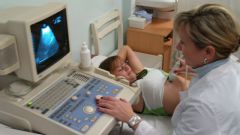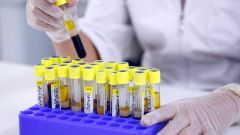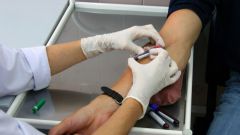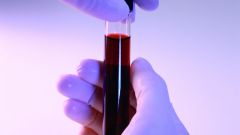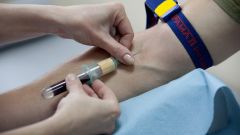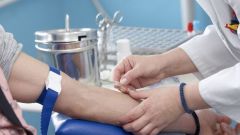Instruction
1
In the absence of any complaints annually, it is recommended to take the blood and urine tests. This is the simplest and cheapest method to detect early signs of many dangerous diseases. Total blood count shows the hemoglobin level, erythrocyte sedimentation rate, platelets, and other components of blood. Based on the results the physician may order additional testing. Assuming a properly collected urinalysis is also informative enough. It can be used to diagnose disorders in the kidney and urogenital system as a whole, to identify early signs of diabetes and several pathologies of the hematopoietic system.
2
Analysis to determine cholesterol and lipid profile is necessary to take 1 every 5 years aged 35 to 45 years 1 every 3 years from age 45 to 50 years and annually over the age of 50 years. This analysis allows to identify violations of the lipid metabolism, i.e. the development of atherosclerosis. Timely the analysis can prevent a possible heart attack, stroke and thrombosis.
3
The so-called blood sugar is not very informative, so it's preferable to do the analysis for determination of glycated hemoglobin. This analysis allows to determine the fluctuations in blood sugar not only at the time of blood sampling, and within 1.5-2 months before him. Recommended to donate blood for glycated hemoglobin 1 time in 5 years at the age of 30-40 years 1 every 2 years age 40 to 45 years and after 45 years - annually.
4
On the need for diagnostic colonoscopy after the age of 40 many people know. But this procedure is quite expensive and daunting in its complexity. An alternative study is the analysis of feces for occult blood. If the test result is positive, the turnout to the doctor is mandatory.
5
Biochemical analysis of blood, at least the minimum (bilirubin, ALT, AST, creatinine, urea, total protein, uric acid), gives an objective picture of the liver, kidneys and metabolism. Unless advised otherwise, the analysis of the biochemistry of blood must pass 1 per year.
6
A blood test to determine the level of TSH - thyroid stimulating hormone - will show, not reduced the function of the thyroid gland. In recent years, hypothyroidism is widespread, so this analysis should be included in the list of planned.
7
A blood test to determine the level of homocysteine is a highly specific test. Its results can be judged on possible formation of blood clots in the arteries.
8
The scourge of the XXI century - hepatitis and AIDS. These diseases are the most common infectious diseases. They are dangerous because they do not manifest themselves over a long period of time, so it is recommended annual blood tests for the presence of antibodies to hepatitis b and C and HIV.

